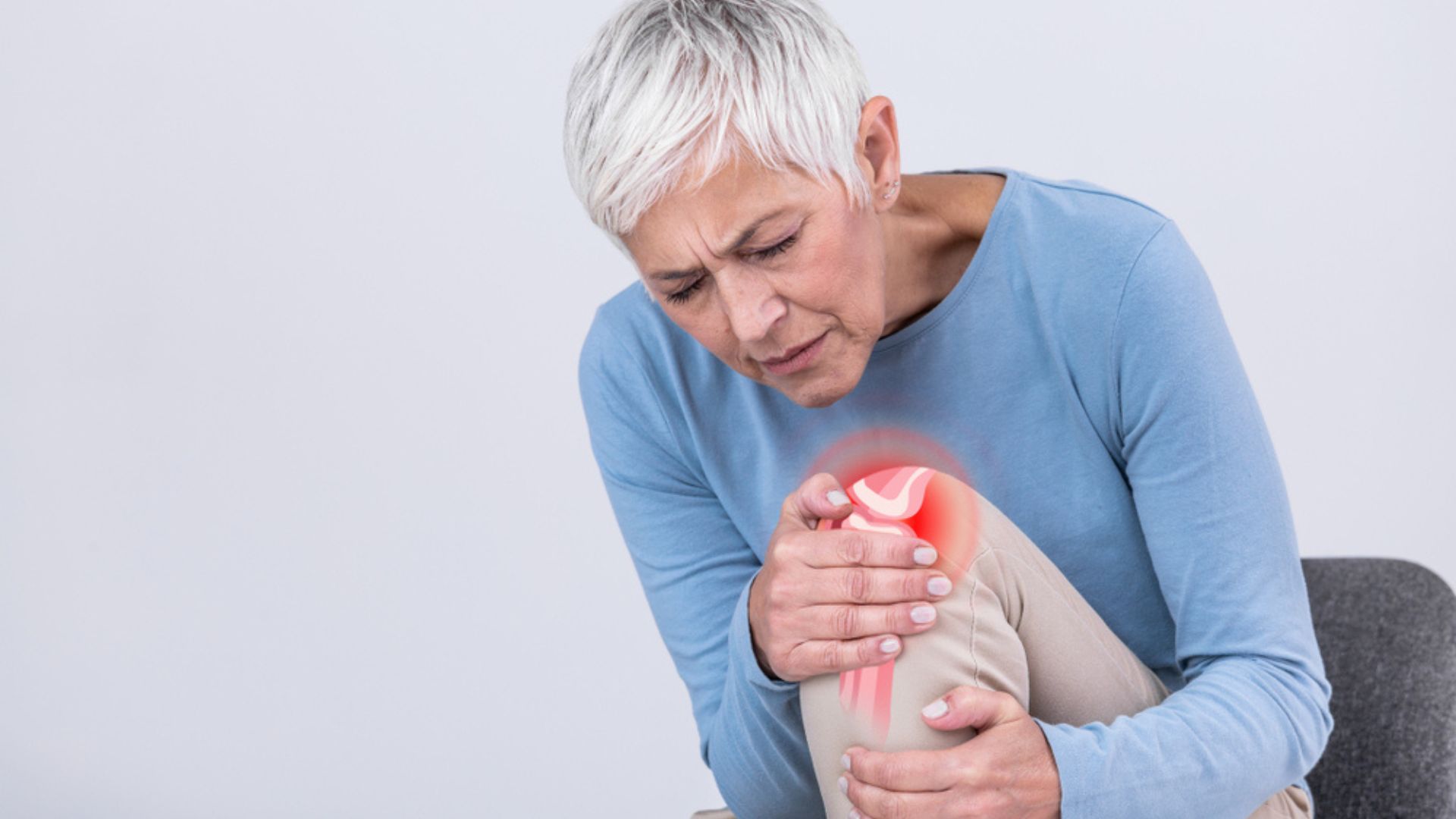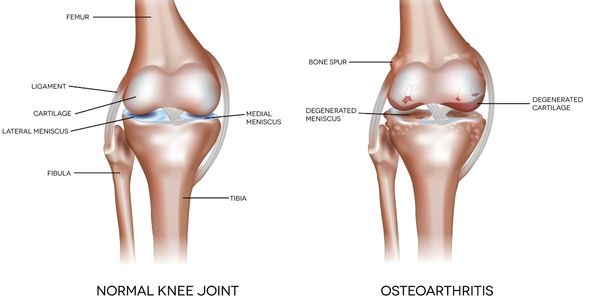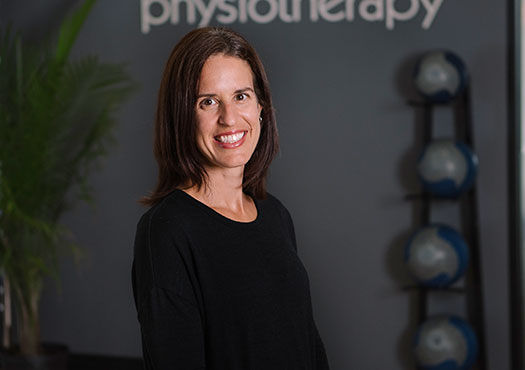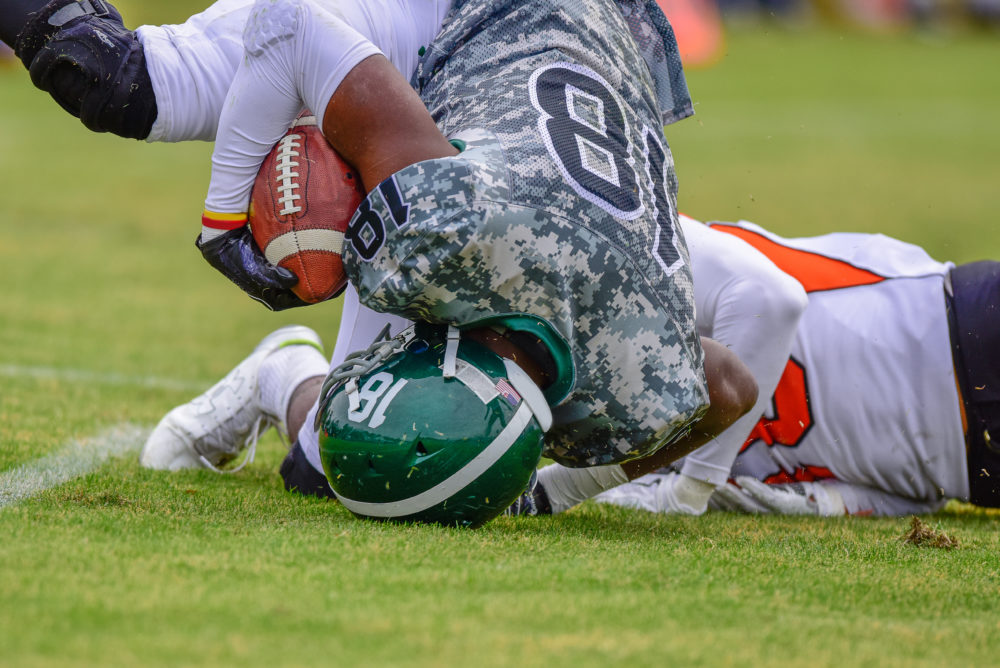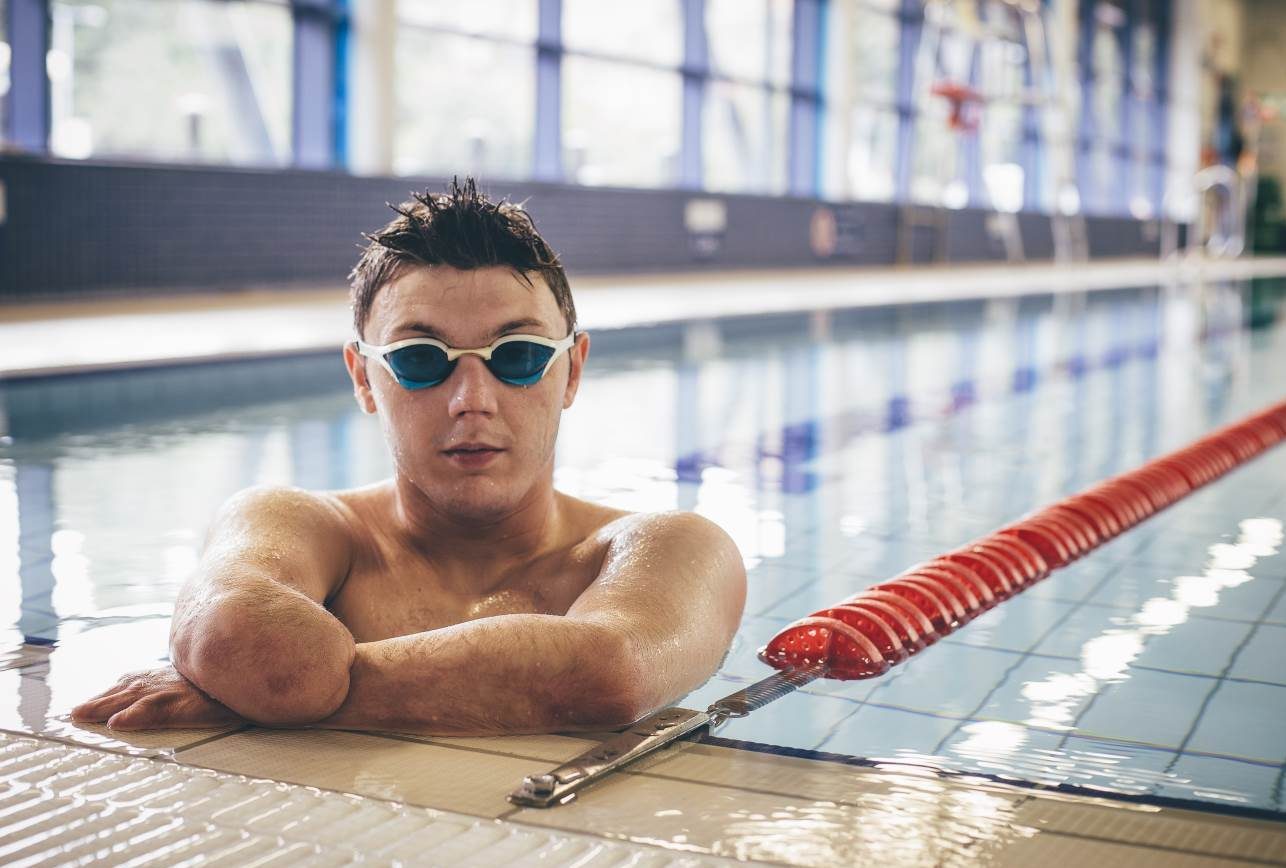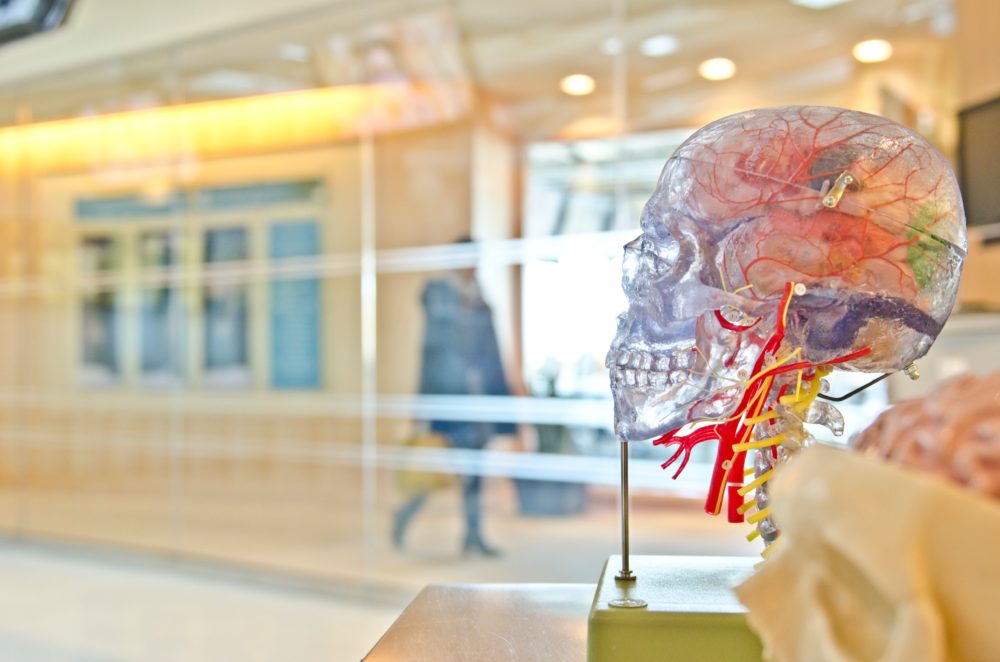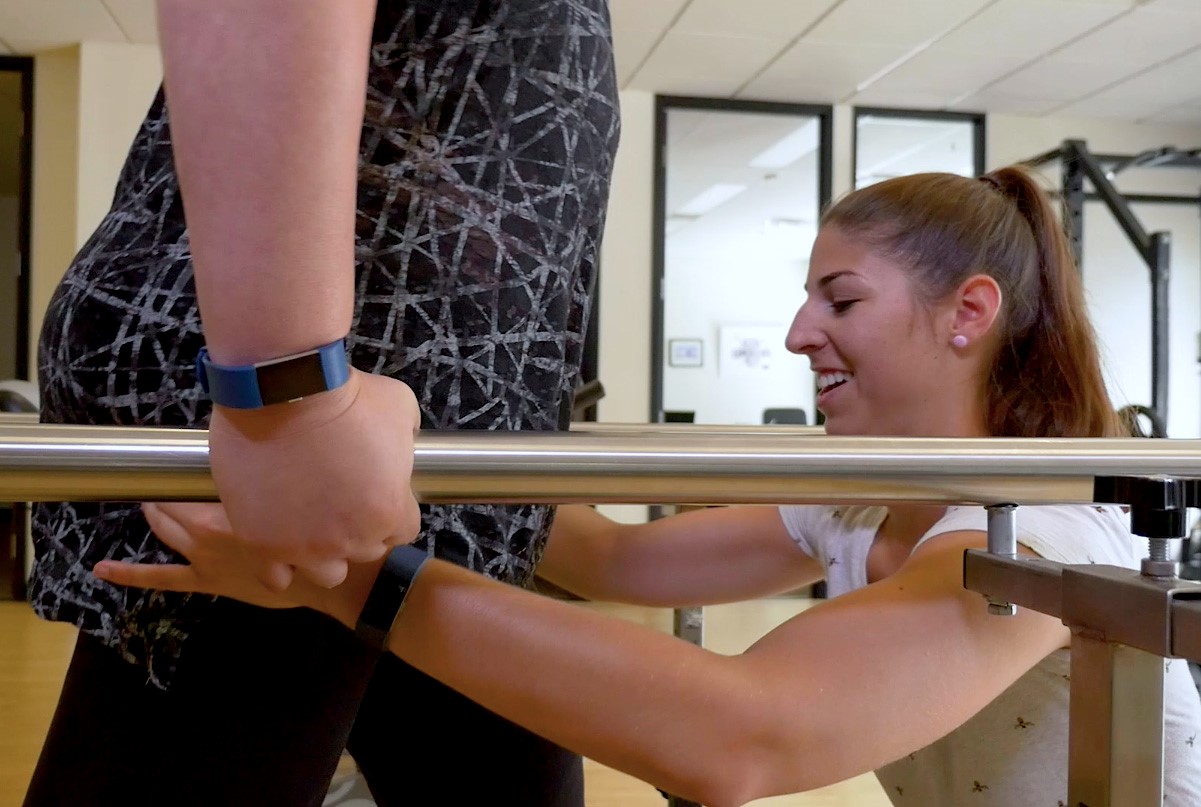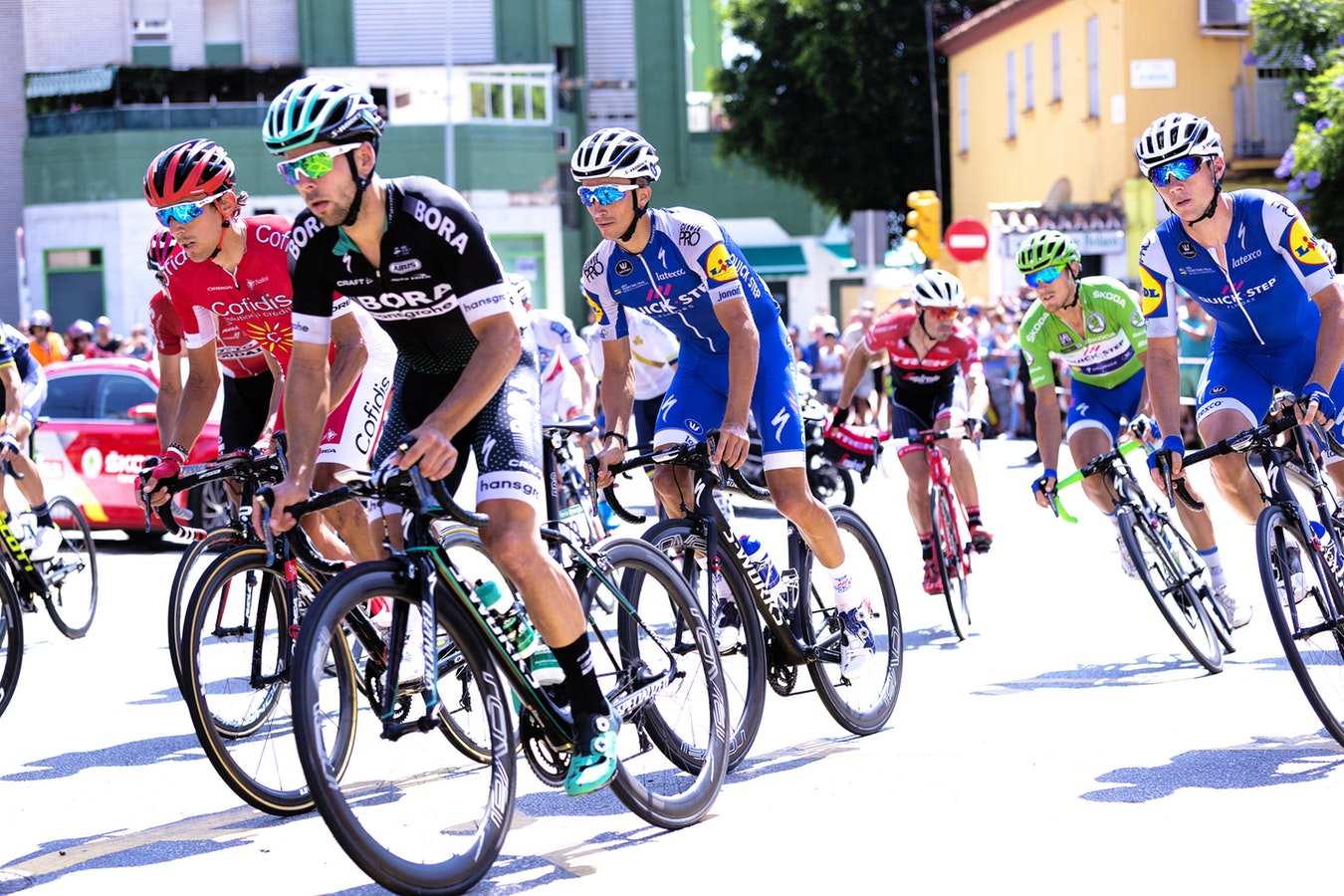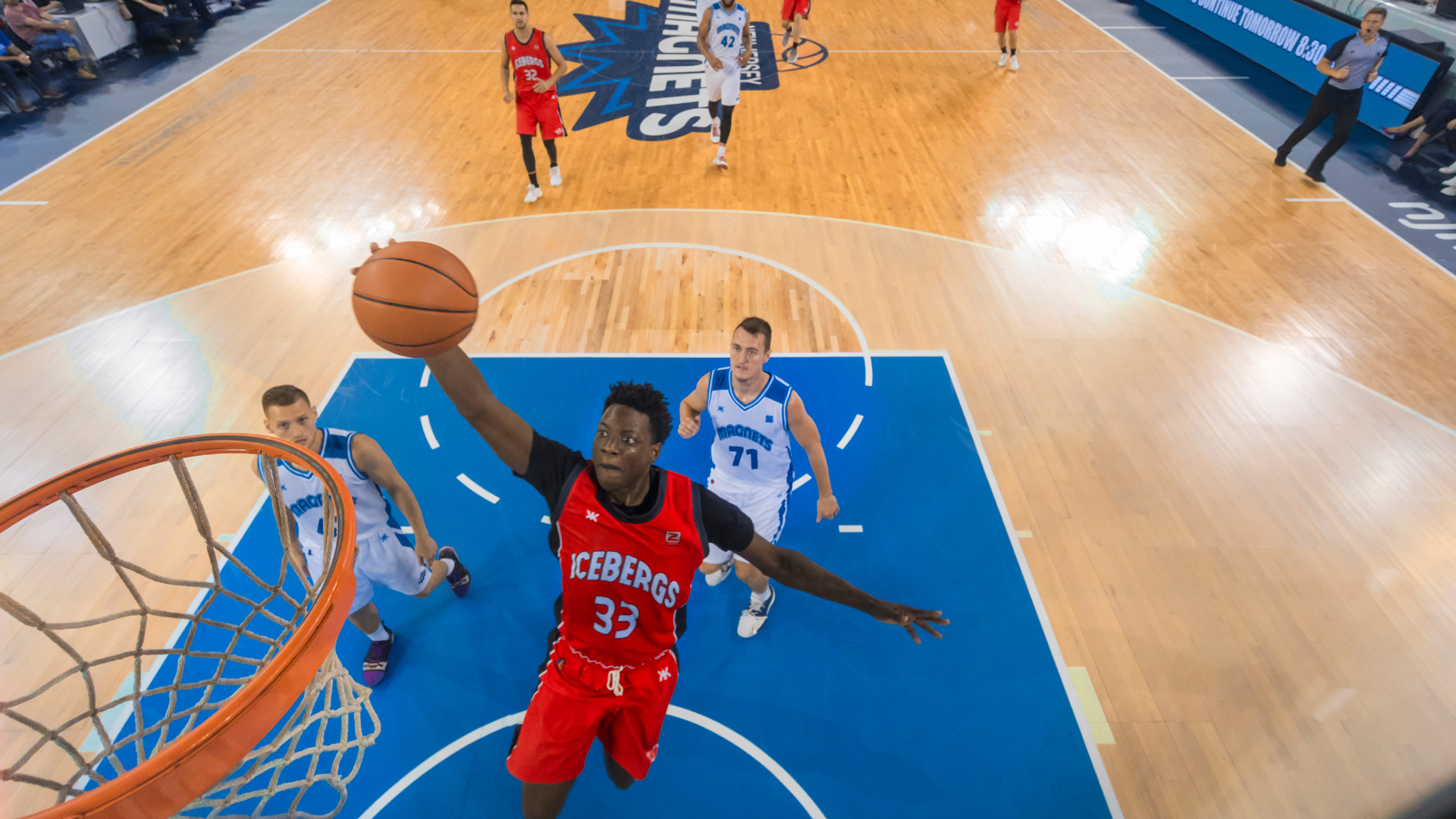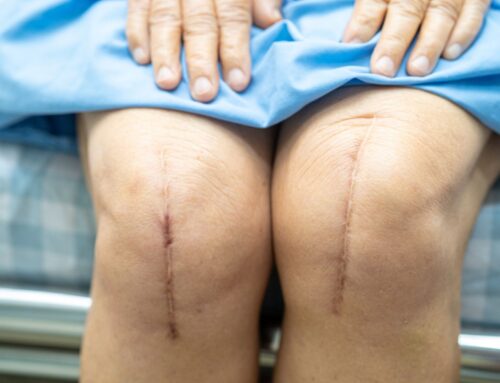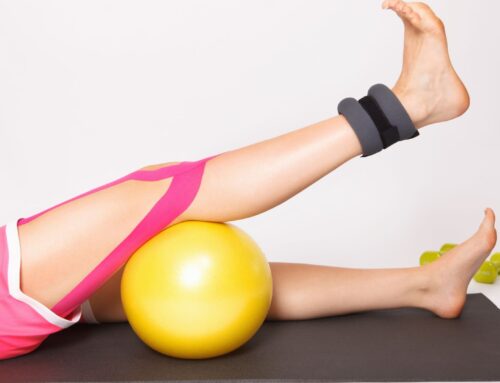Osteoarthritis is the most common form of arthritis of the knee and a significant cause of disability. With osteoarthritis the cartilage in the joint breaks down changing the underlying bone and often leading to pain, stiffness and swelling. As a result, knee osteoarthritis can have huge effects on mobility and function.
In this article, we will examine the anatomy of the knee joint, risk factors and symptoms of knee osteoarthritis, as well as treatment options, including knee osteoarthritis physiotherapy and knee replacement rehabilitation post-surgery.
Table of Content
- Anatomy of the Knee Joint
- Risk Factors for Knee Osteoarthritis
- Knee Osteoarthritis Symptoms
- Knee Osteoarthritis Physiotherapy Treatment
- Knee Replacement Rehabilitation
- Summary
Anatomy of the Knee Joint
The knee is a hinge joint allowing it to bend and extend with minimal amounts of side-to-side motion. The joint is made up of the femur (long bone of the thigh), patella (knee cap), tibia (shin bone) as well as tendons, bursae, meniscus and ligaments that provide the joint stability and cushioning during movement.
With knee osteoarthritis the articular cartilage (shock absorbing tissue that covers the surface of the bones where they meet each other) wears down leading to increased bone on bone contact. This can lead to the development of osteophytes (bone spurs) or cysts in the joint. Injury to any of the structures can lead to the development or progression of arthritis.
Risk Factors for Knee Osteoarthritis
Although there are many factors that can lead to the development of knee osteoarthritis, pain and disability result from the interplay of many different factors. The risk factors for knee osteoarthritis include:
- Age
- Genetic susceptibility
- Obesity
- Female gender
- Trauma
- Repetitive knee trauma
- Muscle weakness
- Joint laxity
- Mechanical force – squatting and kneeling
- Meniscal injuries[i]
Knee Osteoarthritis Symptoms
Symptoms of knee osteoarthritis typically develop slowly and get worse with time. Symptoms can include:
- Pain with movement or at rest
- Stiffness usually in the morning or after sitting for too long
- Loss of range of motion
- Creaking or grating sensations in the knee
- Instability or feeling like the knee is going to give out
- Locking
- Swelling[ii]
Knee Osteoarthritis Physiotherapy Treatment
Initial treatment for knee osteoarthritis includes physiotherapy management to help manage symptoms and improve function. Physiotherapy includes:
- Education – Providing education and training on self management techniques including weight control, pain management and fatigue
- Pain management techniques – Use of therapeutic modalities including acupuncture, TENS, ultrasound, laser and shockwave therapy to address pain
- Strengthening Exercises – Prescribing exercises to strengthen muscles around the knee to provide greater support and alleviate stress off the knee joint
- Stretching – Exercises to help alleviate tension on shortened muscles around the knee that may be contributing to pain
- Brace prescription – Knee braces can provide stability and help to decrease pain with movement
- Hydrotherapy – Pool exercises allow the use of bouncy to help decrease the stress on the knee joint while allowing range of motion and strengthening exercises
- Manual Therapy – Techniques performed to improve range of motion and function
Knee Replacement Rehabilitation
A knee replacement surgery occurs after conservative treatments have been exhausted and pain and disability are severely impacting a client’s function. In this surgery, portions of the bone that form the knee are removed and replaced with artificial implants. There are two main types of surgery:
- Total knee replacement – the entire joint is replaced with artificial surfaces
- Partial knee replacement – only one damaged compartment of the knee is replaced[iii]
Physiotherapy is important at all stages of knee replacement surgery. Pre-operatively, physiotherapists provide strengthening and conditioning exercises to help clients go into surgery functioning at an optimal level. Post knee replacement surgery, physiotherapy is crucial in starting early mobility and achieving full range of motion and strength at the knee joint.
Throughout the process, the role of physiotherapy is crucial in providing education on pain management, exercises, and recovery expectations in the rehab process.
Summary
Physical therapy and exercise are essential components in the management of knee osteoarthritis. Therapy can help alleviate symptoms of knee OA and improve function. There is strong evidence to support the role of physiotherapists in providing exercise and education for knee OA.[iv]
Physiotherapy management also includes pre and post operative therapy for those going through knee replacement surgery. Therapists are essential in providing education, exercise and guidance on mobility and pain management.
References
[i] Heidari B. Knee osteoarthritis prevalence, risk factors, pathogenesis and features: Part I. Caspian J Intern Med. 2011 Spring;2(2):205-12. PMID: 24024017; PMCID: PMC3766936.
[ii] Osteoarthritis of the Knee, Arthritis Foundation
[iii] Knee Replacement, Hospital for Special Surgery
[iv] Dantas LO, Salvini TF, McAlindon TE. Knee osteoarthritis: key treatments and implications for physical therapy. Braz J Phys Ther. 2021 Mar-Apr;25(2):135-146. doi: 10.1016/j.bjpt.2020.08.004. Epub 2020 Sep 8. PMID: 33262080; PMCID: PMC7990728.
Written by

